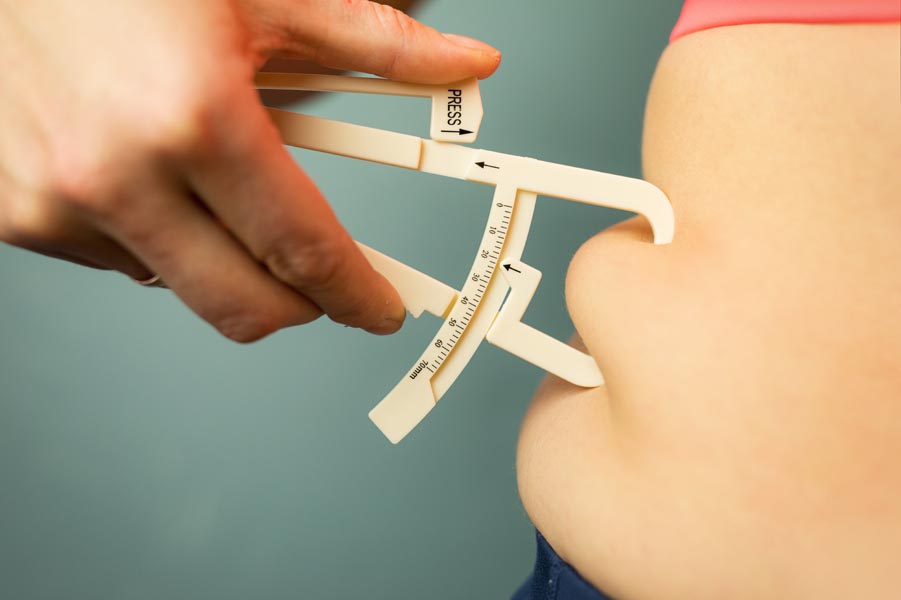
- HealthyTo100
- October 6, 2024
Why Is Losing Weight So Hard? Let’s Dig Into the Real Reasons Behind Obesity
Ever feel like your body’s working against you when it comes to weight loss? You’re not alone. The puzzle of obesity is more complex than it seems, with countless hidden factors at play. Researchers have been digging into this for years, uncovering surprising insights along the way. So, is it time to question everything you thought you knew about weight gain?
The Hunger Games – It’s Not Just Your Stomach Talking
Think hunger is simple? Think again. It’s a circus of sensations:
- The growl that kicks off your eating
- The lingering “want more” feeling
- The specific craving for that slice of pizza
Your body’s sending out more signals than a frantic traffic cop at a busy intersection. Decoding these hunger hieroglyphics is like trying to read a map in the dark – tricky, but not impossible.
Nature vs. Nurture – The Great Obesity Debate
Here’s where things get juicy. Groundbreaking studies have flipped the script on obesity research. Adoption studies showed kids raised apart ended up with similar BMIs to their biological siblings. Mind-blowing, right? Then came the twin studies: identical twins, even separated at birth, had eerily similar body types. Genes aren’t destiny, but they’re like a loaded dice in the obesity game, influencing the odds more than we once thought.
The Obesogenic Environment: A Fat Trap?
Picture this: You’ve got the genetic cards stacked against you. Then life throws you into an all-you-can-eat buffet wonderland. It’s like putting a shopaholic in a mall with unlimited credit. One fascinating study revealed a twist: obese folks ate less than thin people on regular nights and even on buffet nights.
BUT – and here’s the kicker – they showed up more often on buffet nights. It’s not just what you eat, but where and when you choose to eat it. Our environments shape our choices in sneaky, subconscious ways.
The Body’s “Nutritional Intelligence”: Fact or Fiction?
You’ve probably heard the idea: “We keep eating until we get the nutrients we need.” It’s a comforting thought, like believing your cat actually listens to you. But research has burst this bubble. Turns out, our bodies aren’t as smart as we’d like to think:
- Kids might eat nothing but bananas one day if left to their own devices
- Nutrient-starved animals don’t always instinctively seek out what they need
- We do have innate appetites for salt and protein, but that’s about it
Overall, our bodies are more like fumbling nutritional detectives than wise sages.
The Protein Puzzle
Here’s a brain-teaser: What if the amount of protein in your diet affects how much you eat overall? The “protein leverage hypothesis” suggests a low-protein diet makes you eat more to get enough protein, while a high-protein diet leads to eating less overall. It’s like your body’s playing a weird game of “Find the Protein.” This theory adds another layer to the already complex tapestry of eating behaviors and weight management.
Conclusion
Next time you’re struggling with weight loss, remember: You’re not just fighting yourself – you’re battling a complex system that’s been evolving for millions of years. The good news? Understanding these complexities is the first step towards finding solutions that actually work. So keep learning, stay curious, and maybe think twice before blaming yourself for that extra cookie.
After all, in the grand scheme of things, we’re all just hungry animals trying to navigate a world full of tempting treats and confusing signals. Cut yourself some slack – and maybe grab a protein shake while you’re at it. The path to a healthy weight might be winding, but with knowledge as your compass, you’re better equipped for the journey.